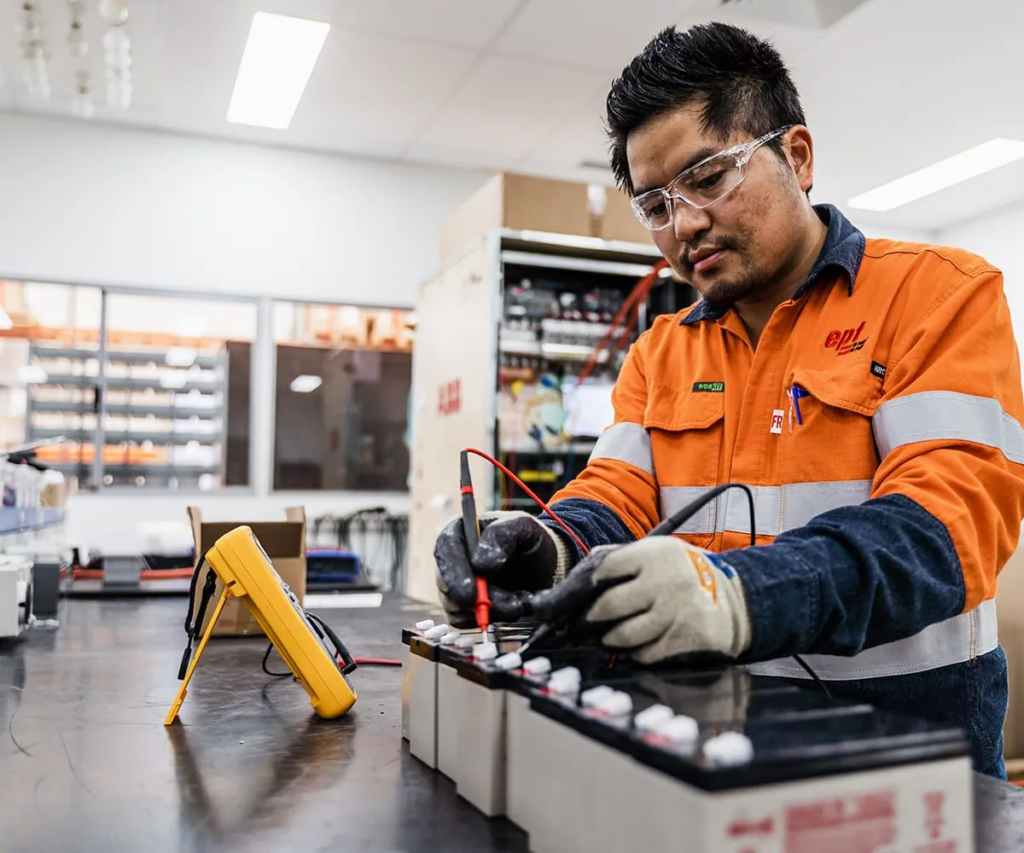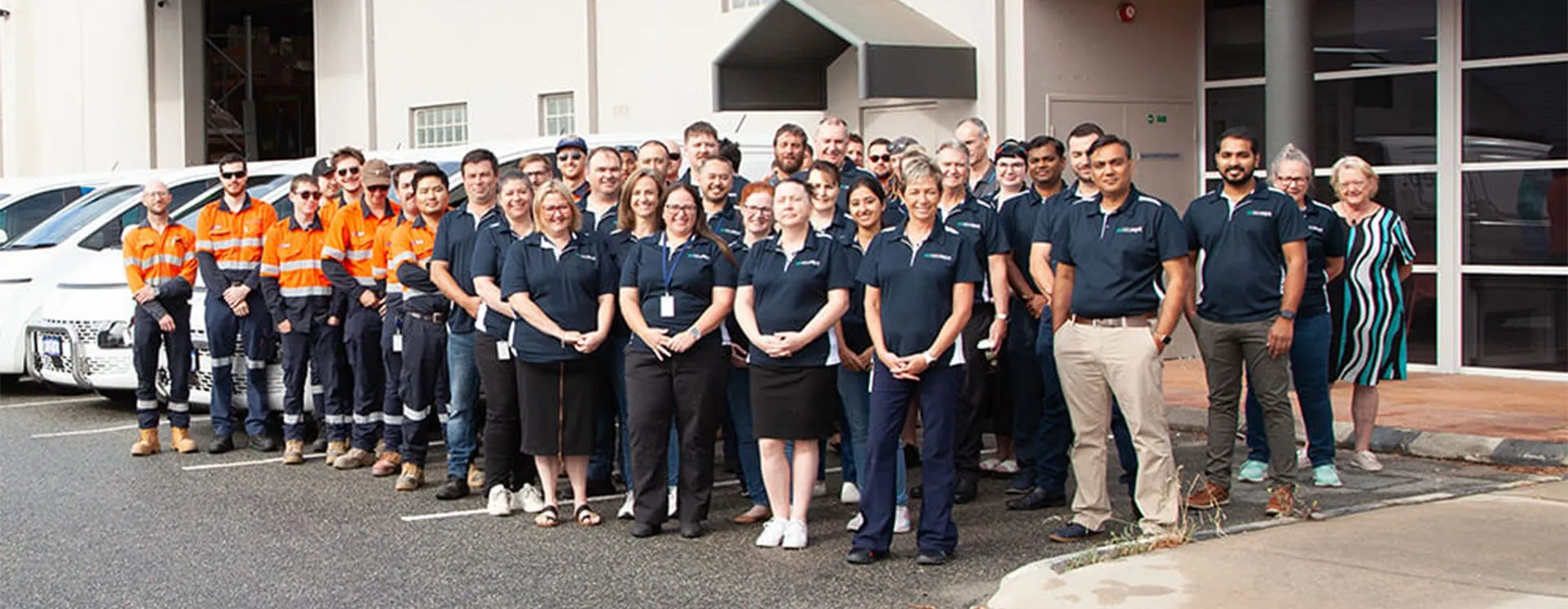Practical industry experience plays a critical role in providing hands-on training that allows individuals to apply theoretical knowledge in real settings. For many professionals, especially in technical and trade-based fields, the journey from apprenticeship to expertise is shaped by hands-on experience, mentorship, and workplace learning.
The Role of Apprenticeships and On-the-Job Training
Apprenticeships and on-the-job training programs offer invaluable opportunities for individuals entering a new field. These programs allow trainees to gain direct experience under the guidance of skilled professionals, learning techniques and industry standards that cannot be fully grasped in a classroom.
For example, in fields such as electrical services, fabrication, and mechanical trades, apprenticeships expose learners to real challenges, from troubleshooting equipment failures to managing project timelines. The ability to adapt, problem-solve, and refine skills in a controlled yet realistic environment is essential for developing competence and confidence.
Real-World Problem-Solving
One of the most significant advantages of industry experience is the ability to solve real-world problems. Textbooks and training manuals can provide essential knowledge, but they cannot replicate the unpredictability of actual work scenarios. Whether it’s diagnosing faults in a complex electrical system, fabricating components with tight tolerances, or managing client expectations in a high-pressure environment, industry professionals must learn to think on their feet.
Practical experience builds resilience and adaptability, teaching individuals to navigate unexpected issues, make informed decisions, and implement solutions effectively. These are skills that cannot be taught purely through theory; they must be developed through experience.
Industry Standards and Best Practices

Each industry has its own set of best practices, regulations, and quality standards. Practical experience ensures that workers not only understand these requirements but also know how to apply them in everyday tasks.
For example, in the electrical industry, compliance with Australian safety standards is crucial. Learning the correct procedures for installations, inspections, and maintenance through hands-on experience helps ensure that work meets regulatory requirements and is carried out safely. Without direct industry exposure, it is difficult to fully grasp the importance of such standards in real-world applications.
Workplace Communication and Teamwork
Beyond technical skills, industry experience fosters essential soft skills such as communication, teamwork, and leadership. Working alongside experienced professionals allows individuals to develop the ability to communicate effectively, coordinate with colleagues, and understand workplace dynamics.
In industries where collaboration is key, practical experience teaches workers how to contribute to team efforts, manage responsibilities, and respond to client needs. These interpersonal skills are just as valuable as technical expertise in ensuring long-term career success.
Career Progression and Skill Mastery
For those looking to advance in their careers, industry experience is often the key to unlocking higher-level roles and responsibilities. Many professionals start as apprentices or entry-level workers and gradually build their expertise through years of hands-on work.
Experience allows workers to refine their skills, master complex techniques, and take on more significant challenges. It also opens doors to leadership positions, as individuals with extensive industry knowledge are often best suited to train newcomers, oversee projects, and make strategic decisions.
Meeting Industry Demands

Employers across various sectors value practical experience because it ensures that employees are work-ready. While formal education and certifications are important, businesses need workers who can step into roles and contribute effectively from day one.
In industries facing skills shortages, hiring individuals with practical experience is often a priority. Companies benefit from employees who already understand industry demands, reducing the need for extensive training and allowing businesses to operate more efficiently.
The Future of Industry Training
As industries continue to evolve, practical experience will remain essential. The introduction of new technologies, materials, and processes means that workers must continually update their skills through hands-on learning.
Businesses that invest in on-the-job training, apprenticeships, and mentoring programs are better positioned to develop a skilled workforce capable of adapting to industry changes. For individuals, ongoing industry experience ensures continued career growth and professional development.
Conclusion
Practical industry experience is one of the most valuable assets a professional can have. It bridges the gap between theory and practice, fosters problem-solving skills, ensures compliance with industry standards, and enhances workplace communication. For both individuals and businesses, hands-on experience is key to long-term success, career advancement, and industry innovation. Investing in real-world learning opportunities ensures that workers are not only competent but also confident and capable in their roles.





